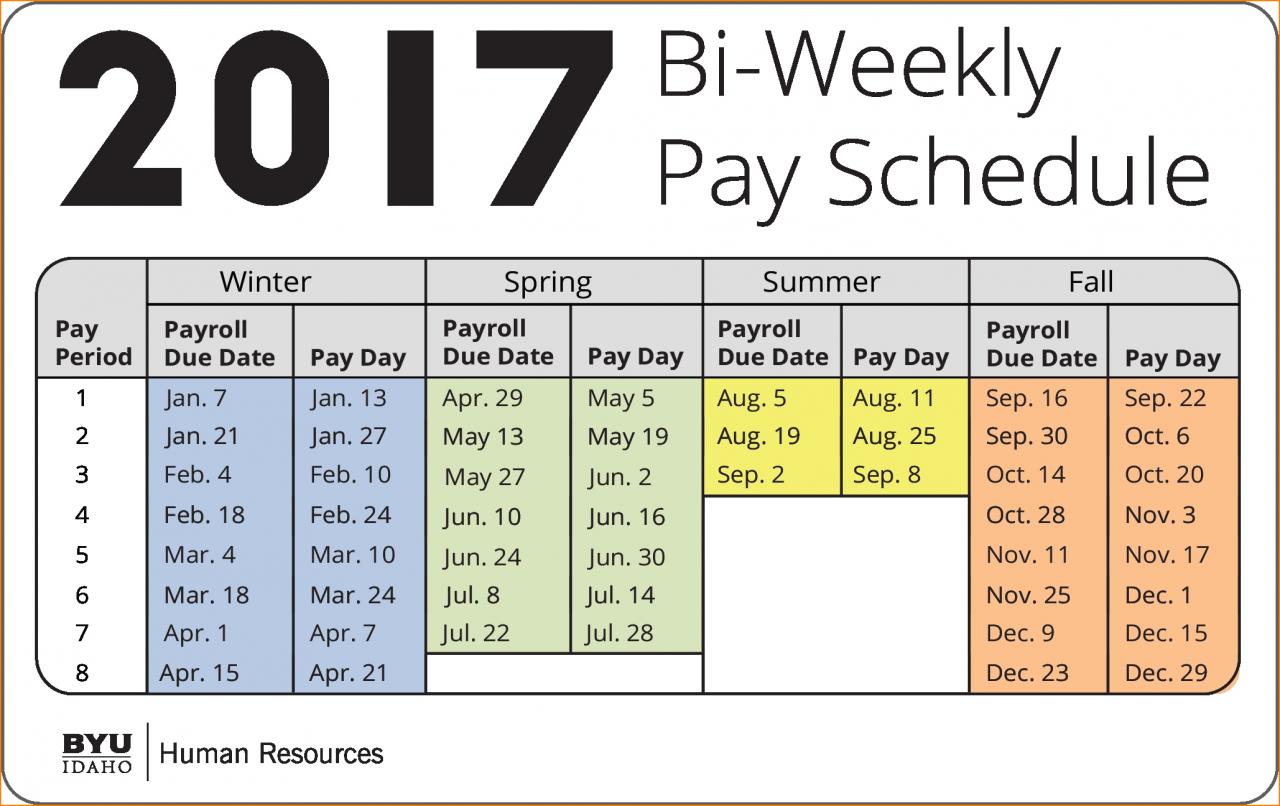20 an hour 40 hours a week biweekly pay – Get ready to dive into the world of $20 an hour, 40 hours a week, biweekly pay! This comprehensive guide will take you on a thrilling journey through the ins and outs of this enticing income stream, empowering you with the knowledge to maximize your earning potential.
From calculating your paycheck to budgeting like a pro, we’ve got you covered.
In this captivating narrative, we’ll explore the intricacies of biweekly pay, uncover the secrets of tax withholdings, and reveal the strategies for maximizing your net income. So, buckle up and prepare to unlock the financial freedom you deserve.
Earning $20 an Hour, 40 Hours a Week: A Comprehensive Guide to Biweekly Pay: 20 An Hour 40 Hours A Week Biweekly Pay

Earning $20 an hour, 40 hours a week, and paid biweekly is a common pay structure in the United States. Understanding how to calculate your biweekly pay, manage tax withholdings, and plan your finances is crucial for financial stability and success.
Income Calculation
To calculate your biweekly pay, simply multiply your hourly rate by the number of hours worked per week and then by the number of weeks in a pay period (2).
For example, if you earn $20 an hour and work 40 hours a week, your biweekly pay would be: $20 x 40 x 2 = $1,600.
This formula can be applied to any hourly rate and number of hours worked.
Tax Withholdings
From your biweekly pay, various taxes are withheld, including:
- Federal income tax
- Social Security tax
- Medicare tax
The amount of tax withheld depends on your income and filing status.
Net Pay
Your net pay is what remains after taxes and other deductions are subtracted from your gross pay (total earnings before deductions).
Common deductions that may affect your net pay include:
- Health insurance premiums
- Retirement contributions
- Union dues
- Child support
Your net pay will be lower than your gross pay due to these deductions.
Budgeting and Financial Planning
When earning $20 an hour biweekly, budgeting and financial planning are essential for managing expenses, saving money, and planning for the future.
Creating a budget can help you track your income and expenses, identify areas where you can save, and set financial goals.
Career Advancement, 20 an hour 40 hours a week biweekly pay
To supplement your income or advance your career, consider exploring additional income streams or opportunities for professional development.
Some options to consider include:
- Overtime pay
- Side hustles or part-time jobs
- Pursuing higher education or certifications
- Networking and seeking promotions
Closing Notes
As we conclude our exploration of $20 an hour, 40 hours a week, biweekly pay, remember that financial empowerment lies in your hands. Embrace the tips and strategies Artikeld in this guide, and watch your financial dreams take flight. Whether you’re looking to advance your career, save for the future, or simply live a more fulfilling life, this guide has equipped you with the knowledge and inspiration to make it happen.
User Queries
How much will I earn biweekly?
Multiply your hourly rate by the number of hours worked per week, then multiply that result by 2 (for biweekly pay). For example, if you earn $20 per hour and work 40 hours per week, you’ll earn $1600 biweekly.
What taxes will be withheld from my paycheck?
Taxes withheld from your paycheck may include federal income tax, Social Security, and Medicare. The amount withheld depends on your income and filing status.
How can I maximize my net pay?
To maximize your net pay, consider reducing your taxable income through deductions such as health insurance premiums or retirement contributions. Additionally, explore opportunities for career advancement or additional income streams to supplement your earnings.